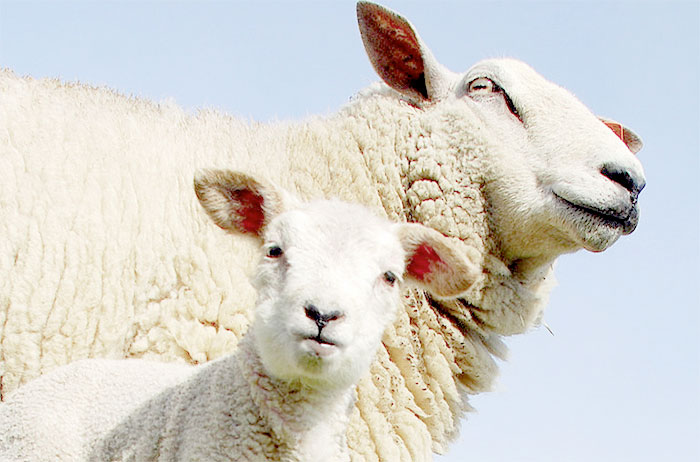
Farmers are being urged to check stock returning to their farms for the presence of sheep scab.
This is the time of year when ewe hoggs traditionally return to hill farms after spending the winter on pasture in lowground areas. However, recent storms and the start of lambing will have seen sheep farmers focus on finding and feeding stock.
That pressure may have made normal separation and scab treatment of hoggs near impossible and, in some cases, the weather will have forced groups of sheep to be mixed without the preferred checks being made. In these circumstances, hoggs taking sheep scab into hill flocks is a risk.
Once lambing pressure eases, hill sheep farmers unable to treat ewe hoggs for sheep scab in the normal manner are being encouraged to consider using the available tests to see if the whole flock may have been placed at risk.
NFU Scotland President, Nigel Miller said: "Once the immediate pressures of lambing on hill units are over and ewe hoggs are being handled, it will be worth checking that a flock’s scab status hasn’t been compromised.
"Farmers could consider, with their vets, using the sheep scab blood test, developed at the Moredun Research Institute, on a group of the returning ewe hoggs. The results would indicate if animals have returned free of this horrible disease or whether they now pose a risk of introducing scab to the flock."
"This type of screening gives all Scottish sheep farmers a new risk assessment tool to determine if and when treatment for scab is needed."
Glasgow Vet School’s David Logue, a member of the British Veterinary Association (BVA) council in Scotland added:
"Yet again Scotland is showing that we can control our own destiny at least insofar as animal disease is concerned. Farmers and shepherds are in the front line of this defence against sheep scab. We are relying on them to spot and help control this obnoxious parasite by using the tools available and, where appropriate, adopt a co-ordinated approach with fellow farmers, vets and scientists that works towards eradication."
